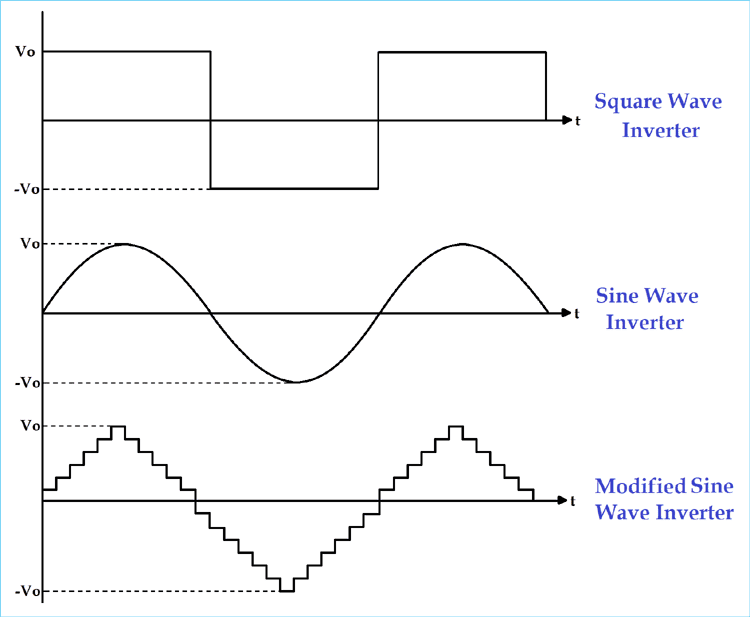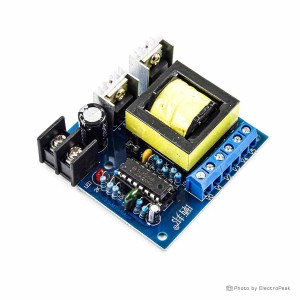The output waveform of a DC-AC inverter module plays a pivotal role in determining its application suitability. Different waveforms—square wave, modified sine wave, and pure sine wave—cater to distinct needs. A square wave is cost-effective but may cause interference, making it suitable for simpler applications. Modified sine wave strikes a balance between cost and performance, making it versatile for powering various devices in practical settings. Meanwhile, a pure sine wave replicates utility grid power, ensuring compatibility with sensitive electronics, making it ideal for both residential and industrial applications.
DC-AC Inverter Modules
DC-AC Inverter Modules:
DC-AC inverter modules serve as indispensable components for converting direct current (DC) power into alternating current (AC), opening up a realm of possibilities for various electronic projects. These modules facilitate the integration of DC-powered devices into AC-powered systems, enabling the efficient operation of a wide range of applications. From high-voltage arc generators to pure sine wave inverters, these modules cater to diverse project needs, offering flexibility, efficiency, and reliability.
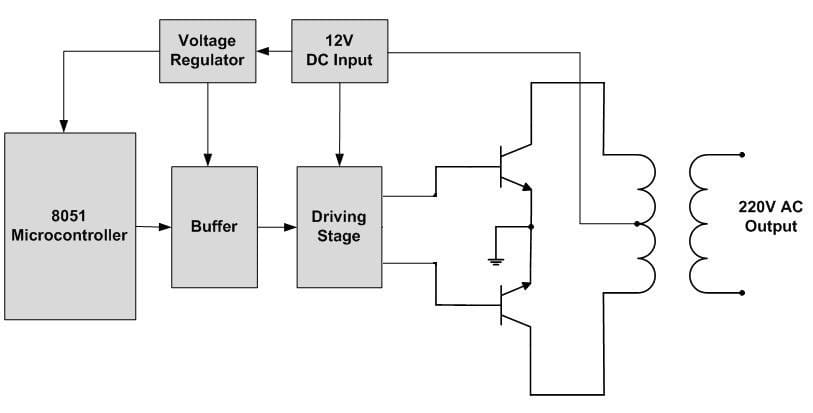
Price of DC-AC Inverter Modules:
The price of DC-AC inverter modules varies based on factors such as power capacity, output voltage, and additional features. High-voltage arc generators like the Pulse High Voltage Inverter Arc Generator-400KV and Pulse High Voltage Inverter 901 Arc Generator-1000KV are designed for specialized applications and may have different price points. Meanwhile, more compact modules like the DC/AC Step-Up Inverter Module - 150W, 12V to 220V provide an affordable option for smaller projects. Consider your project requirements and budget constraints to find an inverter module that aligns with your specific needs.
Tips for Buying DC-AC Inverter Modules:
Determine Power Requirements: Identify the power capacity and output voltage needed for your project to ensure the inverter module meets your specifications.
Consider Application: Different inverter modules are optimized for specific applications. Choose a model that aligns with your project's requirements, whether it's high-voltage experiments or powering AC appliances.
Review Efficiency Ratings: Efficiency is crucial for minimizing energy loss during the DC-AC conversion process. Look for modules with high efficiency ratings for optimal performance.
Check Output Waveform: Depending on your application, select an inverter module with the appropriate output waveform—options include square wave, modified sine wave, or pure sine wave.
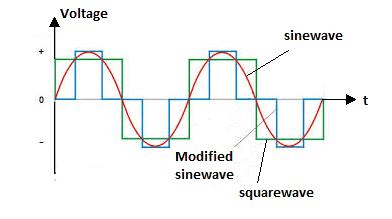
Evaluate Size and Form Factor: Consider the physical dimensions of the module to ensure it fits comfortably within your project's design constraints.
Verify Input Voltage Range: Ensure the inverter module's input voltage range aligns with your power source, providing compatibility and preventing potential damage.
Explore Additional Features: Some modules, like the EGS002 Pure Sine Wave Inverter SPWM Driver Board, come with specific features such as pure sine wave output and SPWM (Sinusoidal Pulse Width Modulation) control. Explore these features based on your project's requirements.
Check Cooling Mechanism: High-power modules may require effective cooling mechanisms. Verify the inverter module's cooling capabilities to prevent overheating during prolonged operation.
Consider Protection Features: Look for modules with built-in protection features, such as overload protection and short circuit protection, to safeguard the module and connected devices.
Types of DC-AC Inverter Modules:
Pulse High Voltage Inverter Arc Generator-400KV: Engineered for high-voltage experiments, this module provides a powerful arc generation capability, suitable for scientific and educational projects.
Pulse High Voltage Inverter 901 Arc Generator-1000KV: Taking high-voltage experiments to the next level, this module delivers an impressive 1000KV output for advanced experimentation and research.
DC/AC Step-Up Inverter Module - 150W, 12V to 220V: Compact and versatile, this module is designed to step up DC voltage (12V) to AC voltage (220V), making it ideal for small electronic projects and portable applications. (Provides a square wave AC output at a frequency of approximately 20 KHz)
EGS002 Pure Sine Wave Inverter SPWM Driver Board: Offering pure sine wave output and SPWM control, This module is tailored for applications requiring clean and stable AC power, such as inverter generators and audio equipment.
High-Frequency DC/AC Inverter Module - 300W, 24V to 110V: Optimized for efficiency and compact design, this module operates at high frequencies, making it suitable for applications where size and energy efficiency are critical.
Modified Sine Wave Inverter Module - 500W, 12V to 220V: Balancing cost-effectiveness and performance, this module produces a modified sine wave output, making it versatile for powering a range of devices, including appliances and electronics.
Grid-Tie Inverter Module - 1000W, 48V to 110V: Designed for grid-connected renewable energy systems, this module converts DC power from solar panels into AC power for feeding back into the electrical grid, contributing to energy sustainability.
Car Power Inverter Module - 150W, 12V to 110V: Tailored for on-the-go power needs, this compact module allows you to convert your car's DC power into AC power, providing a convenient solution for charging devices during travel.
Micro Inverter Module for Solar Panels - 250W: Offering decentralized power conversion for individual solar panels, this micro inverter maximizes energy harvesting and simplifies installation in solar photovoltaic systems.
Three-Phase DC/AC Inverter Module - 5kW, 48V to 380V: Ideal for industrial applications, this three-phase inverter module converts DC power to three-phase AC power, catering to the needs of machinery, motors, and other industrial equipment.
How does the output waveform of an inverter module impact its application suitability?
Can DC-AC inverter modules be used for both experimental and practical applications?
DC-AC inverter modules offer versatility, catering to both experimental endeavors and practical applications. In the realm of experiments, these modules become valuable tools, supplying power for a range of high-voltage projects. Simultaneously, their adaptability extends to everyday use, powering electronic devices in various practical scenarios. From charging gadgets to running appliances, these modules seamlessly transition between experimental setups and daily utility, providing efficient power conversion solutions for hobbyists and practical users alike.
Are there specific safety precautions when working with high-voltage arc generator modules?
Working with high-voltage arc generator modules demands stringent safety measures. Adequate insulation, protective gear like gloves and safety glasses, and a well-ventilated workspace are essential to prevent electrical shocks and ensure user safety. Effective grounding techniques minimize the risk of electrical discharges, and emergency shutdown protocols should be in place for swift action in case of unexpected issues. Emphasizing these safety precautions is critical to safeguard individuals and ensure secure operations when dealing with the unique challenges posed by high-voltage arc generator modules.
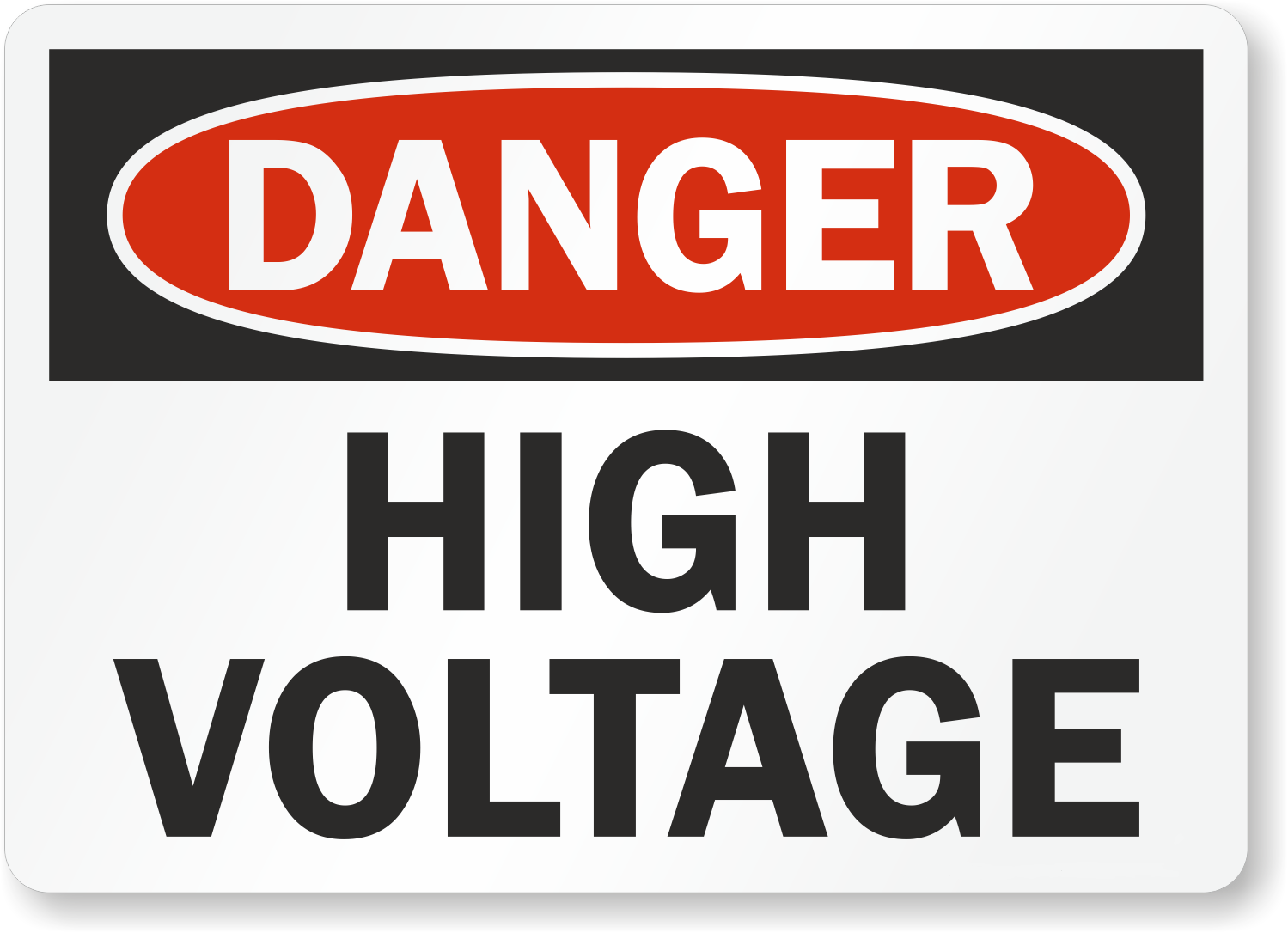
What is the significance of SPWM control in inverter modules, and in what applications is it beneficial?
The significance of Sinusoidal Pulse Width Modulation (SPWM) control in inverter modules lies in its ability to produce a smooth, sinusoidal output. This is particularly beneficial in applications requiring clean power, such as inverter generators and audio equipment, ensuring stable and interference-free performance.
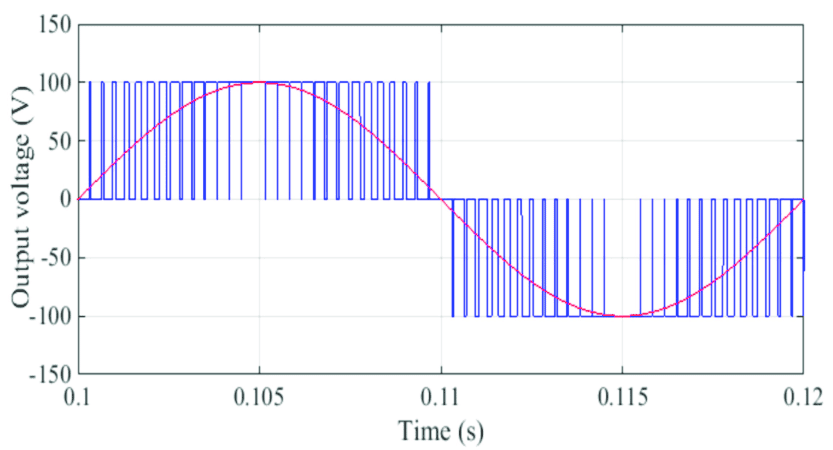
How does the efficiency of an inverter module contribute to overall energy savings?
Efficiency is a critical factor impacting overall energy savings. A highly efficient inverter module minimizes energy loss during the DC-AC conversion process, contributing to sustainable power usage. As such, users should prioritize modules with high efficiency ratings for optimal performance.
What are the primary differences between square wave, modified sine wave, and pure sine wave output inverter modules?
Understanding the differences between square wave, modified sine wave, and pure sine wave output modules is essential. While a square wave is simple and cost-effective, modified sine wave strikes a balance, and pure sine wave ensures compatibility with sensitive electronics. Choosing the right waveform depends on the specific needs of the application, emphasizing the importance of aligning the module's features with project requirements for successful and efficient outcomes.
